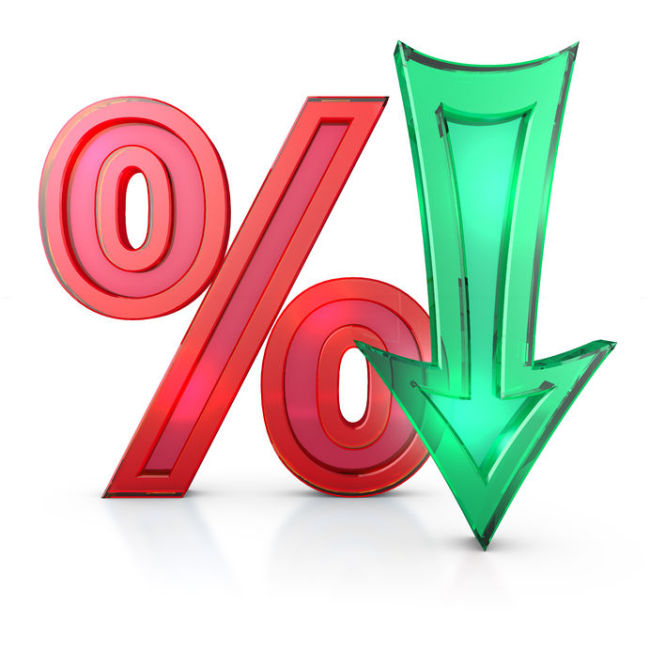The possibility of the Bank of Korea introducing negative interest rates has been raised by a lawmaker during the compilation of reports for a parliamentary audit on the central bank.
Song Young-gil, a lawmaker of The Minjoo Party of Korea, revealed to the local press that the BOK signed a contract with some groups of economists in August and September to conduct research on cases in which sub-zero rates were adopted and its correlations with the fiscal soundness of financial institutions.
Song Young-gil, a lawmaker of The Minjoo Party of Korea, revealed to the local press that the BOK signed a contract with some groups of economists in August and September to conduct research on cases in which sub-zero rates were adopted and its correlations with the fiscal soundness of financial institutions.

The lawmaker said such moves can be interpreted as the central bank’s intention to further boost the economy while being mindful of the presidential election next year.
“Amid the rapidly rising household debt, considering negative interest rates is deemed as a move toward the presidential election,” Song was quoted as saying.
“Rate policy should not be used for the election,” he added.
The BOK immediately released a statement refuting the report, but acknowledged that the bank commissioned the research on overseas cases involving the introduction of negative borrowing rates.
“The research is not related to the direction of the BOK’s monetary policy, and the bank is not considering introducing negative rates,” the statement said.
The BOK has been saying that it is too early for Korea to adopt negative interest rates.
In a report in April, the central bank analyzed that the effectiveness of sub-zero rates in a small open economy like Korea would be limited.
“A small open economy should be careful in operating negative policy rates because of heavy reliance on capital inflow and outflow,” it said.
BOK Gov. Lee Ju-yeol has also been cautious about the issue.
“It would take some time to judge the effectiveness of negative rates in Japan and Europe.” Lee told reporters earlier.
The negative interest rate system is an unconventional monetary policy measure that demands commission fees from consumers for keeping their money at banks, instead of offering them interests.
The Bank of Japan introduced the system early this year to lift flat consumption. However, there has been negative assessments about the sub-zero interest rates among economic experts.
“Some European countries and Japan have adopted negative rates to boost their economies, but their consumption is not recovering and savings rates are unexpectedly going up,” said a researcher at the Korea Institute Finance. “Such abnormal measure is making consumers more worried about their future, so they are increasing savings unlike the central banks’ intention.”
Korea’s base policy rate has been kept at an all-time-low of 1.25 percent since June. The BOK is expected to freeze the rate at the current level for the rest of the year, as it is mindful of an expected increase by the Federal Reserve in December.
While some argue that the BOK should make another cut in the benchmark interest rate before the Fed raises its own, considering the sluggish recovery of the Korean economy, some others view a rate cut skeptically, pointing out the country’s runaway household debt issue.
“Lowering the benchmark interest rate would accelerate growth of household debt and expand lives of zombie companies,” said An Dong-hyun, chairman of the Korea Capital Market Institute at a forum last week.
By Song Su-hyun (song@heraldcorp.com)
-
Articles by Korea Herald







![[KH Explains] Hyundai's full hybrid edge to pay off amid slow transition to pure EVs](http://res.heraldm.com/phpwas/restmb_idxmake.php?idx=644&simg=/content/image/2024/04/18/20240418050645_0.jpg&u=20240419100350)







![[From the Scene] Monks, Buddhists hail return of remains of Buddhas](http://res.heraldm.com/phpwas/restmb_idxmake.php?idx=652&simg=/content/image/2024/04/19/20240419050617_0.jpg&u=20240419175937)

![[KH Explains] Hyundai's full hybrid edge to pay off amid slow transition to pure EVs](http://res.heraldm.com/phpwas/restmb_idxmake.php?idx=652&simg=/content/image/2024/04/18/20240418050645_0.jpg&u=20240419100350)

![[Today’s K-pop] Illit drops debut single remix](http://res.heraldm.com/phpwas/restmb_idxmake.php?idx=642&simg=/content/image/2024/04/19/20240419050612_0.jpg&u=)